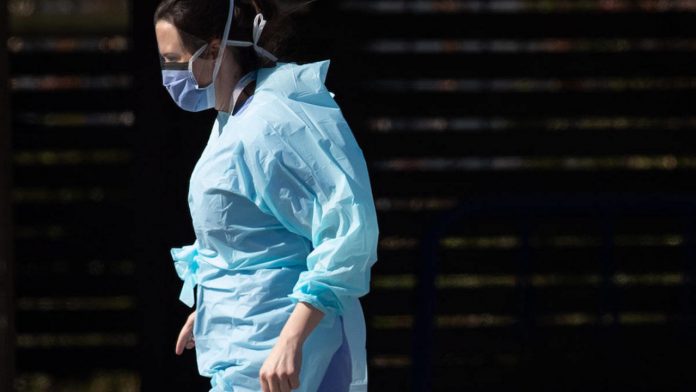
Dr. Deena Hinshaw, Alberta’s chief medical officer of health, made her Monday update from home after coming down with a sore throat on Friday. She tested negative for COVID-19 over the weekend but will remain at home until her symptoms subside.
“I don’t want to pass on whatever it is I have to others, so I’m working from home until my symptoms resolve,” Dr. Hinshaw said.
Alberta’s chief medical officer of health spoke about the concept of herd immunity, which is a situation where enough people in a population have immunity to prevent an infection from spreading widely. Dr. Hinshaw said that for COVID-19, it has been estimated that 50 to 70 per cent of a population needs to be immune to have herd immunity, while serology tests in Canada estimate that only one per cent or less have been infected with the virus.
“What I have heard sometimes suggested for COVID-19 is that because younger people are generally at low risk of experiencing severe outcomes, we should protect older Albertans but otherwise let the virus spread as quickly and freely as possible, so that we can build up a collective immunity to it,” she explained. “This suggestion, however, does not take into account the drawbacks of this approach.”
“COVID-19 is able to spread rapidly and we are all interconnected. Adopting a herd immunity approach would have a serious and deadly impact on many people in the population…The more community transmission that we see, the greater the risk of it spreading to older and at-risk Albertans.”
Dr. Hinshaw added that we still don’t know enough about long-lasting immunity to COVID-19 so something like a herd immunity approach “could be for nothing.”
Alberta’s top doctor also said guidance on Halloween is coming but the recommendations to health officials, and included in the guidance, include things like a “candy shoot or candy slide.”
“Making some kind of a device that the person who’s giving out candy can put at the top of the slide and the child can have their bag at the bottom, so there’s a distance between them, but the candy can still be provided,” Dr. Hinshaw explained.































